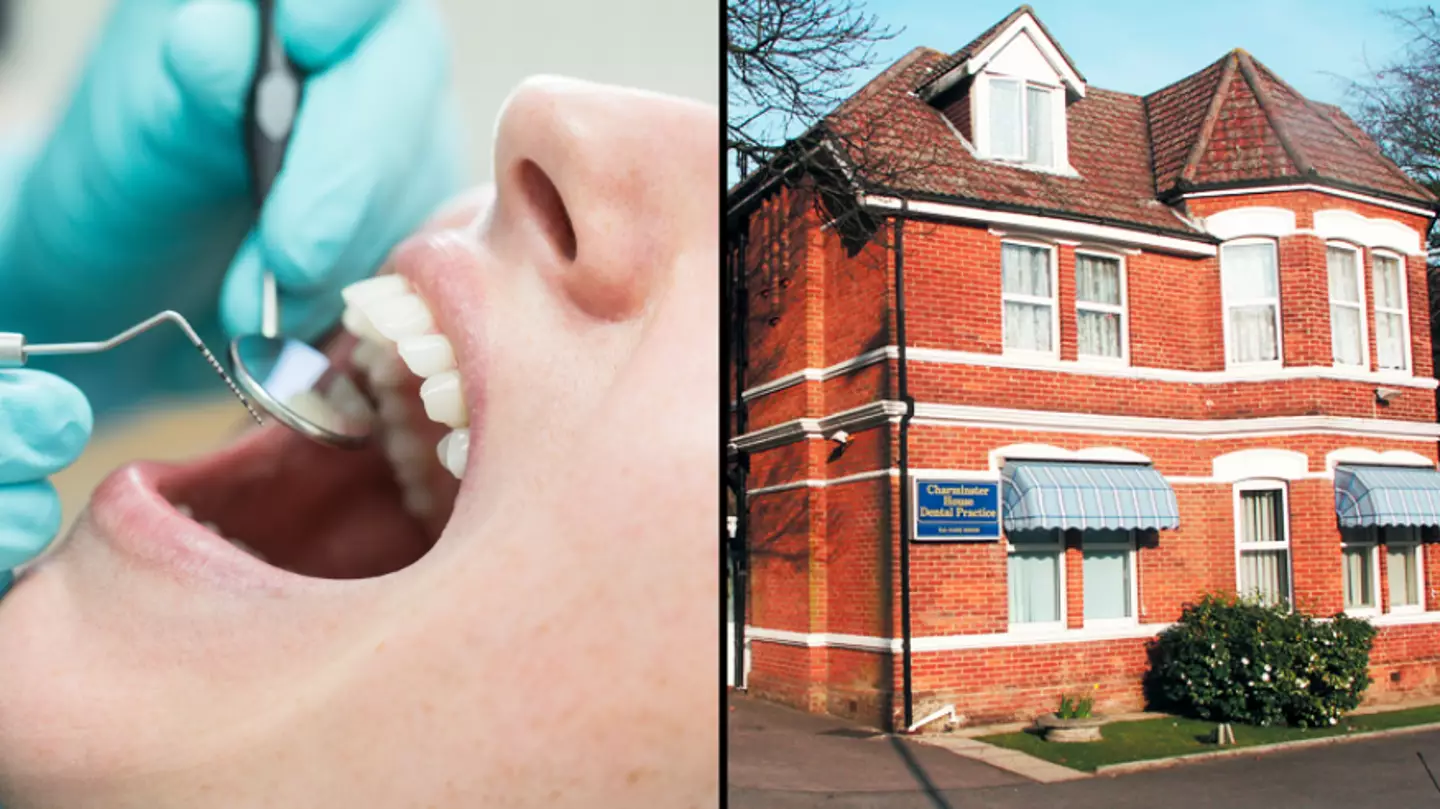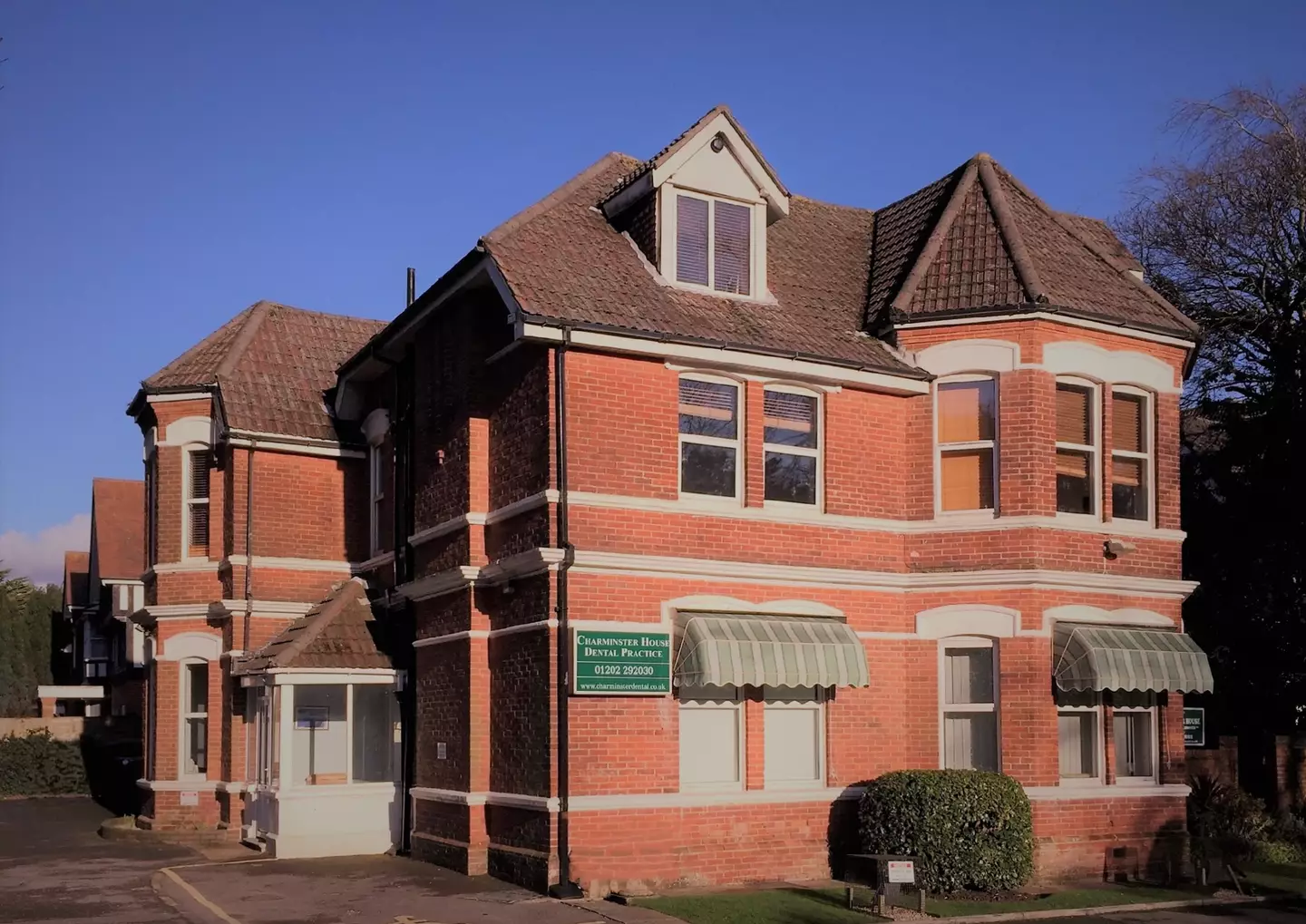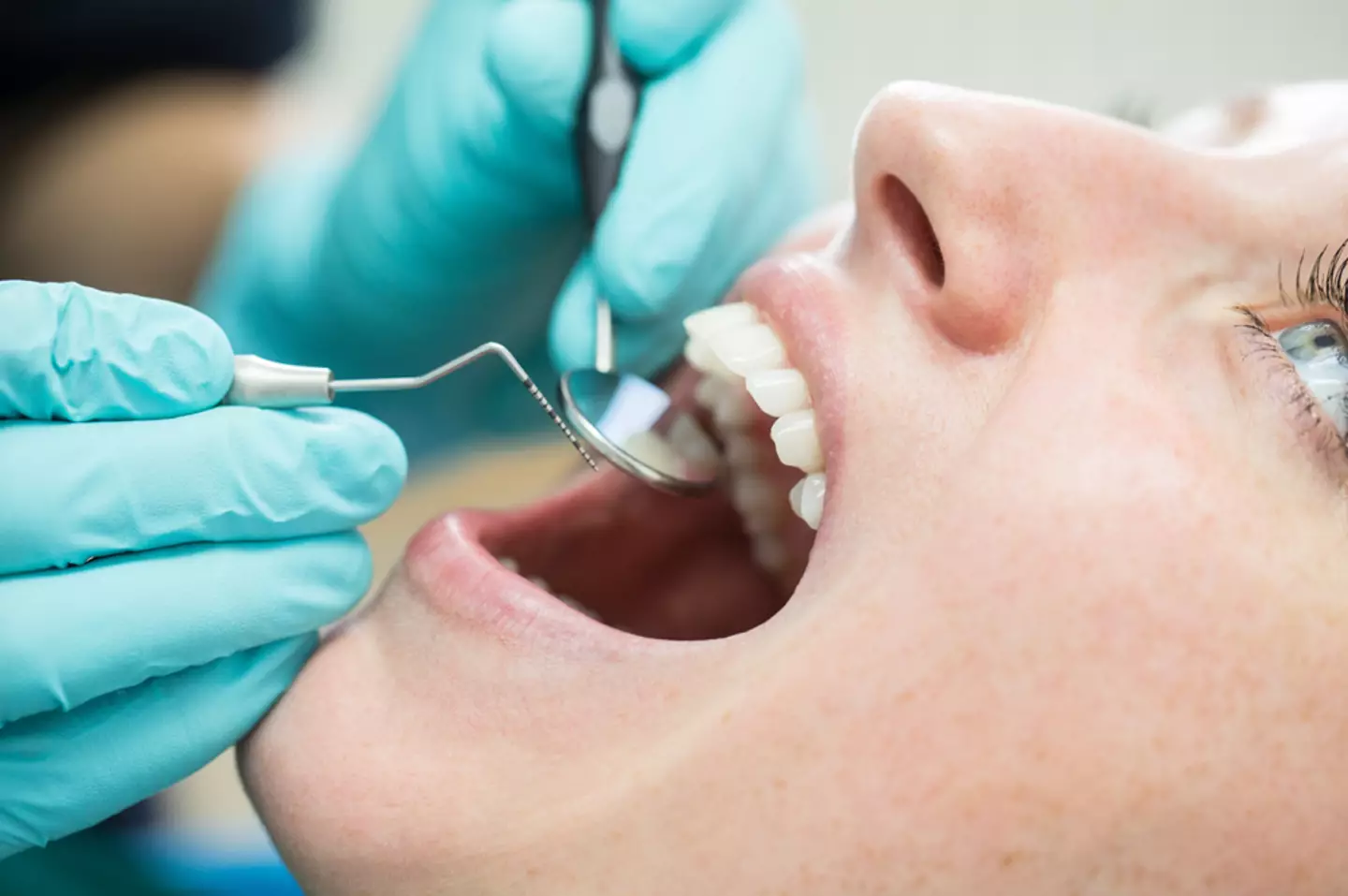
I don't think anyone likes a trip to the dentist. For sure it's important you go and get your teeth looked at every six months, but that doesn't make it any less nervy.
Whether it's the bleak waiting room vibes with the chilled music or the actual terrifying machines themselves, the dentist is just not a nice place, is it?
Amid all the fear of having potentially a filling or two, you may have noticed that your dentist is in a bog-standard house.
Advert
In fact, the location of dentists has become a bit of a meme over the years, to the point where many joke that when a dentist sees a vacant semi-detached house, they turn it into a practice.
So while other medical services may be in bigger buildings, why is your dentist often found in just a standard house?
Well, the debate actually sprung up on Reddit, as one user asked a UK-based forum why dentists are found in houses, adding that opticians tend to be in normal buildings as well.

Responding to the question, one user quipped: "For planning purposes an opticians is a shop (use class A1), while doctors and dentists are non-residential institutions (use class D1) which explains why an optician won't primarily be in a converted house.
"Most towns have empty shops that an opticians can go in without having to make a planning permission application.
"The generally lower use associated with a dentist compared to a GP's surgery would make it easier to get the change of use permission from C3 to D1. But basically you can fit a dentists into a house more easily than a GP or an opticians."
While it may seem pretty simple for dentists to convert their home into a surgery, it is not that simple due to planning consent required.

Dental practices require D1 planning consent in order to be used as a surgery - something also required for houses to be turned into the like of a health clinic, day nurseries, day centres, schools and libraries - just to name a few.
This would involve gaining permission from local authorities, though there is actually one exception for dentists hoping to get around it.
For example, if the practitioner had purchased a doctors surgery and intended to turn it into a dentistry practice, then they would not need any permissions to do so.
That is because the building is already D1 listed, making easy work for practitioners hoping to provide a dentist to local people.